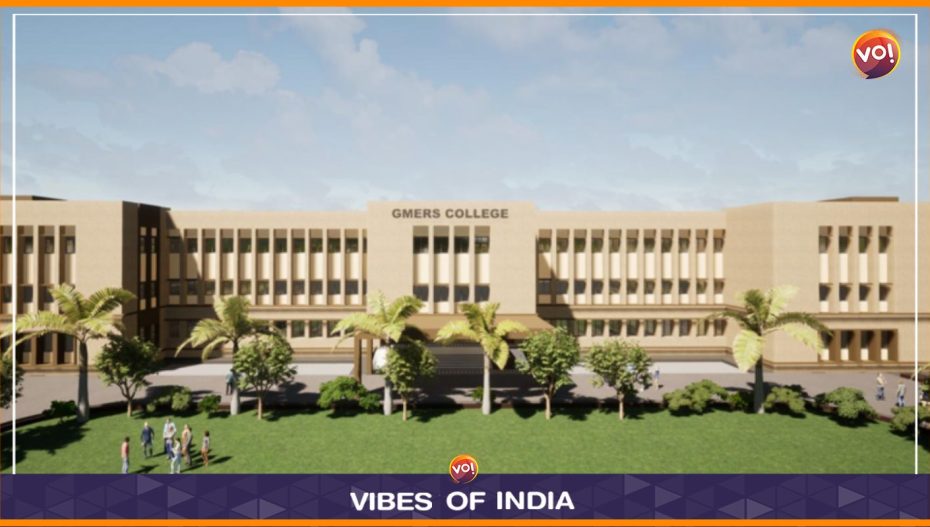To fill its medical colleges in small towns, the Gujarat government is resorting to a queer way, which has miffed a section of doctors. It has decided to prune the stipend of all junior resident doctors to fund the salary of senior doctors to lure them in small town medical facilities.
In simple words, the government is turning one set of healthcare workers into sacrificial lambs to make sure that it gets doctors to staff the newly established Medical Colleges and Hospitals (MCHs) in places like Morbi, Rajpipla, Porbandar, Godhra and Navsar. These establishments have buildings, furniture, medical students and patients, but not the medical manpower needed to run them, particularly senior doctors. The Gujarat Medical Education and Research Society (GMERS) on October 8 published an advertisement announcing a special recruitment drive, offering as high as Rs 5.22 lakh per month in salary to contractual senior doctors willing to join at these places.
Three days on, the Society passed a resolution on October 11 decreasing the stipend of all junior residents, tutors and demonstrators from Rs 84,000 to Rs 65,000.
Health Minister Rushikesh Patel confirmed that the priority of the state was to find more senior doctors for peripheral MCHs and that it was necessary to compensate for the high salaries of peripheral doctors from somewhere. He also said Rs 65,000 was quite enough for junior cadres.
Meanwhile, in a 6-page letter to CM Bhupendra Patel on Thursday, the GMERS Faculty Association accused the state of creating an artificial shortage of medical manpower in GMERS MCHs, and creating a pay disparity between doctors which they say, will have a drastically adverse impact on public sector healthcare and medical education in Gujarat.
The association has warned of imminent protests if the order for double pay at the peripheral MCHs was not withdrawn immediately.
GMERS received more than 2,500 applications when it decided to hold ‘ad hoc’ recruitment in 2022. That shows there is no shortage of doctors. However, the Society came back to 12-month contractual hiring which has no job security and no continuation of service to obtain promotion. This lack of regularisation is the reason why it cannot find doctors for peripheral districts, said GMERS insiders.
They also said there are over 500 doctors awaiting their Departmental Promotions (DPCs) in GMERS, held up by a shortage of senior professors and HODs. Notably, none of the 13 MCHs have full-time deans or superintendents, leaving all doctors ‘in-charge’. This is reportedly because the government can control them better and simply replace them ‘if they refuse to toe the line’.
Also Read: Rethink The Way Math Is Taught: Bill Gates












